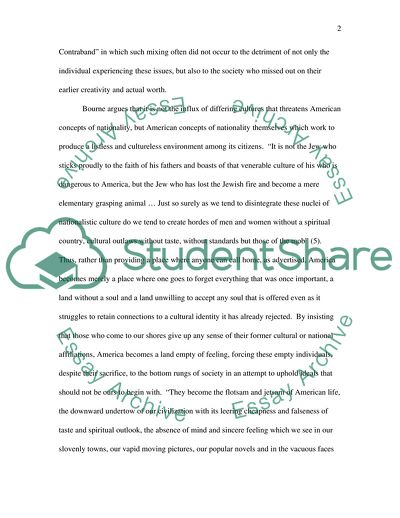Cite this document
(American Responses Essay Example | Topics and Well Written Essays - 1750 words, n.d.)
American Responses Essay Example | Topics and Well Written Essays - 1750 words. https://studentshare.org/culture/1713252-americans-of-various-backgrounds-responses-to-issues
American Responses Essay Example | Topics and Well Written Essays - 1750 words. https://studentshare.org/culture/1713252-americans-of-various-backgrounds-responses-to-issues
(American Responses Essay Example | Topics and Well Written Essays - 1750 Words)
American Responses Essay Example | Topics and Well Written Essays - 1750 Words. https://studentshare.org/culture/1713252-americans-of-various-backgrounds-responses-to-issues.
American Responses Essay Example | Topics and Well Written Essays - 1750 Words. https://studentshare.org/culture/1713252-americans-of-various-backgrounds-responses-to-issues.
“American Responses Essay Example | Topics and Well Written Essays - 1750 Words”. https://studentshare.org/culture/1713252-americans-of-various-backgrounds-responses-to-issues.


